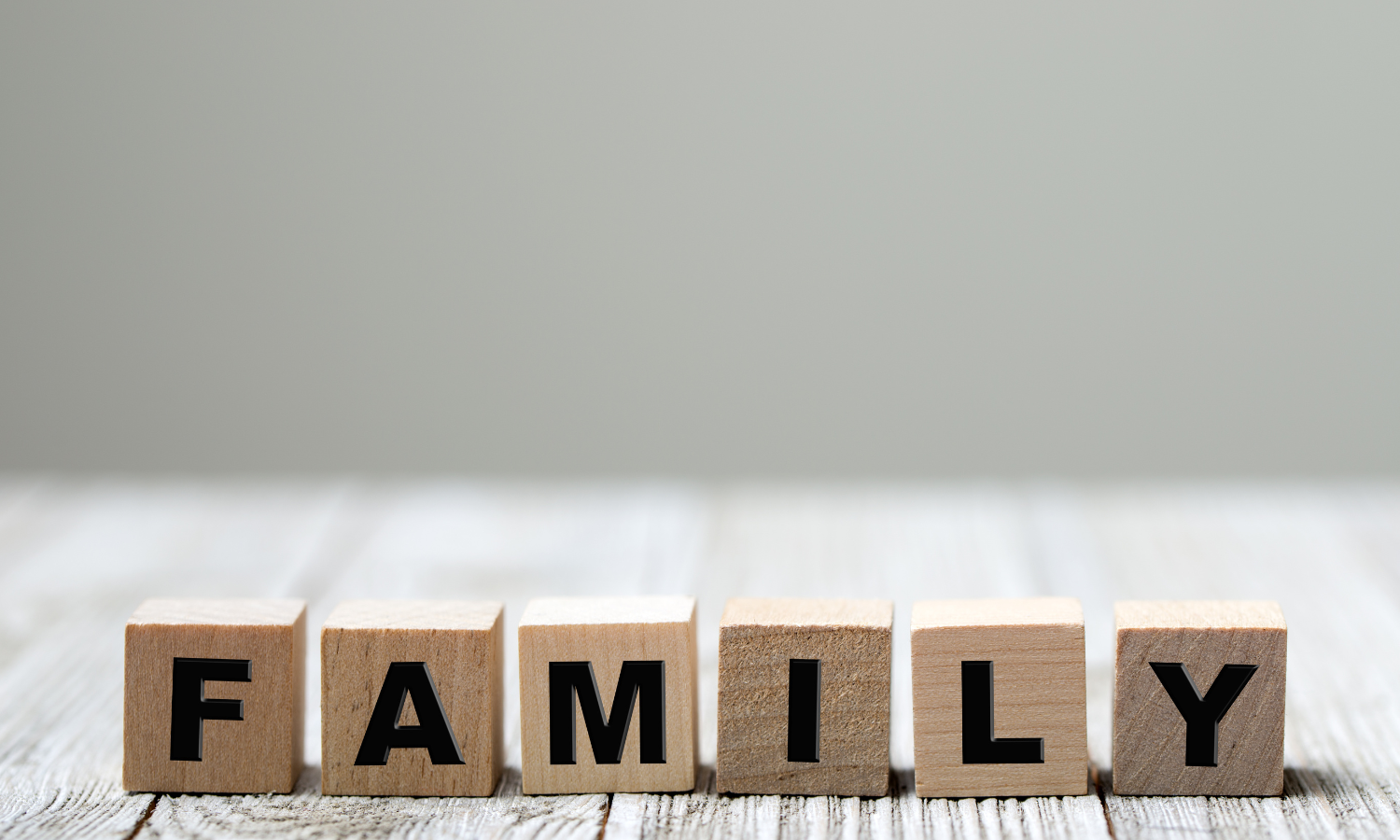Click on the button to refer into our family counselling service
Please note, we can only accept referrals from people living in Surrey
How can family counselling help?
Our family counselling service is for parents, caregivers and families of young people aged between 13-19 years old, who have been affected by rape and sexual abuse.
Partners and families of survivors often feel completely at a loss to know how to deal with the rape or sexual abuse of a loved one.
Our family counselling service gives you an opportunity to talk through your concerns and anxieties with a trained family counsellor.
The aim is to help you to explore what you and the survivor need, to come to terms with what happened and the impact, and for you to feel positive about the future.
Family counselling FAQs
Who is family counselling for?
Family counselling is for parents, guardians and caregivers of young people aged 13-19, who have been affected by sexual abuse.
Are the sessions given to the family together or are they for individuals?
Family counselling can be for multiple people in one family if they care for the young person concerned. This can also include siblings aged 14+.
The family couselling sessions are for families and guardians, the survivor themselves does not attend the sessions.
Does the survivor have to be being supported by RASASC for me to access family counselling?
No. You can acccess family counselling even if the survivor is not being supported by RASASC.
How many sessions do you offer?
You will recieve six sessions of family counselling. These are held online.
What will family counselling help me deal with?
The Family Support Counsellor offers support with emotional and relationship needs, and will empower you to support both yourself and the survivor through the aftermath of trauma.
This could include:
- Identifying and managing feelings which have been triggered by the survivor’s trauma (e.g. sadness, anxiety, guilt, anger), and exploring these.
- Identifying and reinforcing existing family strengths and how these can be used to support the survivor.
- Learning to notice how and when to be attuned to the young person’s needs, particularly when they have difficulty recognising and articulating these.
- Incorporating self-care practices into your life, and supporting the survivor with theirs.
The sessions will be tailored to meet your specific needs
How long will I have to wait for my counselling?
You will expect to wait around 4-6 weeks for family counselling.
How do I access family counselling?
You can self refer into the family counselling by completing the referral form.








